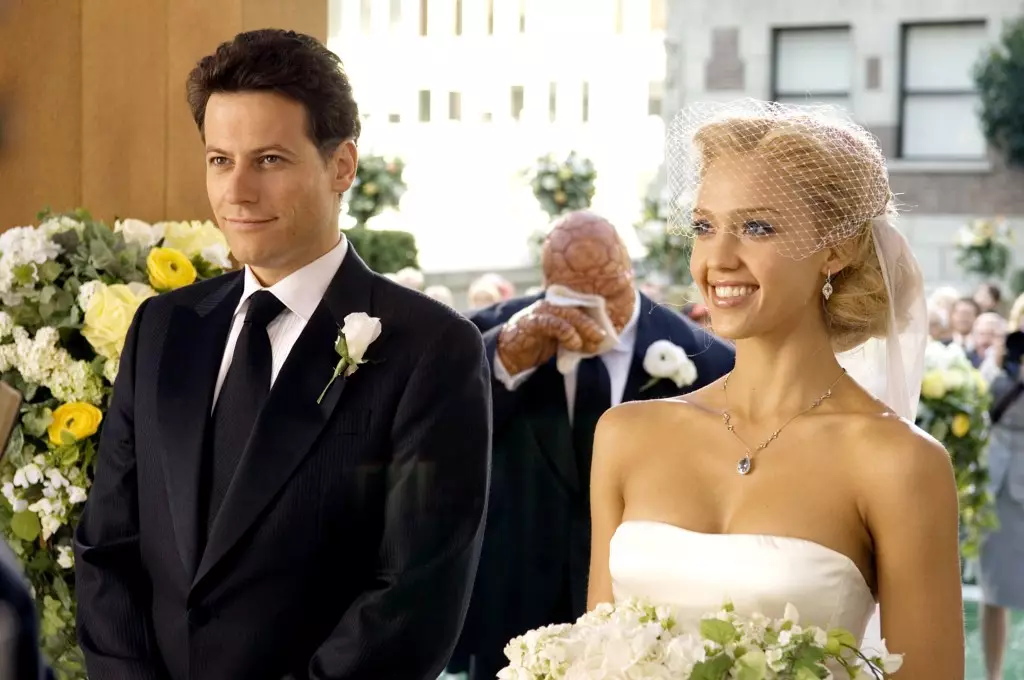At the heart of Hollywood’s relentless pursuit of superhero dominance lies a sobering reality: even beloved franchises are vulnerable to strategic neglect and misguided decisions. The case of the original Fantastic Four films from the mid-2000s exemplifies how fleeting fame and promising prospects can be squandered by corporate indecisiveness. Despite the moderate success of “Fantastic Four” (2005) and “Rise of the Silver Surfer” (2007), both films failed to secure a long-term commitment from their studio, 20th Century Fox. This underscores a troubling tendency in the industry—favoring short-term box office gains over the sustainable cultivation of a franchise with dedicated fans and rich source material. The hope of a third installment was dashed not by failure but by shifting priorities and strategic conservatism, leaving fans and actors alike in the lurch.
The Illusion of Unstoppable Momentum
Ioan Gruffudd’s reflection on his portrayal of Reed Richards reveals an even deeper issue: the emotional and professional toll of such abandonment. For actors committed to their characters, the franchise becomes more than a gig—it becomes a part of their identity. Gruffudd’s sense of loss clarifies how Hollywood’s decisions often overlook the human and artistic investments made by those involved. The supposed “momentum” that surrounded the first two films appears to have been a fragile illusion—an inertia driven by studio hype rather than any firm, strategic plan. It becomes painfully evident that in Hollywood, even projects with promising reception and solid box office are at the mercy of corporate agendas that prioritize the bottom line over creative and narrative continuity.
The Fragility of Fan Loyalty and Franchise Reboot Culture
The shift to reboot the franchise in 2015, which resulted in a critical and commercial failure, exposes a recurring pattern: Hollywood’s obsession with remakes and reboots often does more harm than good. The reboot’s inability to recapture the charm and cohesiveness of the original narrative demonstrates that superficial reinventions rarely resonate with fans in a meaningful way. Instead of building upon the foundation laid by previous films, studios seem eager to erase history to chase fleeting trends. This approach reveals a lack of genuine long-term planning and respect for original storytelling, thereby risking fans’ trust and the credibility of the franchise. As Gruffudd points out, the continued presence of the Fantastic Four universe in Marvel’s expansive landscape shows the intrinsic value of the material—yet Hollywood appears paralyzed by indecision about how to appropriately honor or extend that legacy.
An Actor’s Disillusionment and the Broader Cultural Context
For actors like Gruffudd, the professional disappointment is compounded by personal struggles—grief, doubts, and even therapy—highlighting how Hollywood’s transactional nature can erode morale. His candid admission underscores a broader problem: cultural production driven by corporate greed often neglects the human element, transforming talented performers into disposable cogs in a vast machinery. The fact that he has not been approached to reprise Mister Fantastic in Marvel’s new iteration is telling; it underscores how superficial continuity can be in a landscape dominated by intellectual property rather than meaningful creative engagement. The fleeting hope of fans seeing familiar faces like Krasinski or Evans is exploited for buzz but rarely translates into genuine opportunities for actors tied to earlier incarnations.
The Inescapable Tension Between Nostalgia and Innovation
While nostalgia fuels fan passion and the desire for continuity, it is also weaponized in a way that stalls the organic evolution of these stories. The temptation to revisit familiar characters often results in recycled ideas rather than fresh storytelling. Hollywood’s obsession with reboots and casting cameos—ranging from Krasinski’s fleeting Mister Fantastic to Evans’ fleeting Johnny Storm—reflects an industry reluctant to commit to meaningful innovation. It reveals a paradox: fans want respect for the original material, yet studios prefer the safety of established identities to minimize risk. This creates a cultural tension—between honoring the past and fostering genuine progress—that Hollywood seems unable to resolve. Until the industry recognizes that authentic storytelling requires courage and long-term vision, the potential of franchises like the Fantastic Four will remain unrealized, locked in a cycle of superficial pivoting and missed opportunities.


Leave a Reply